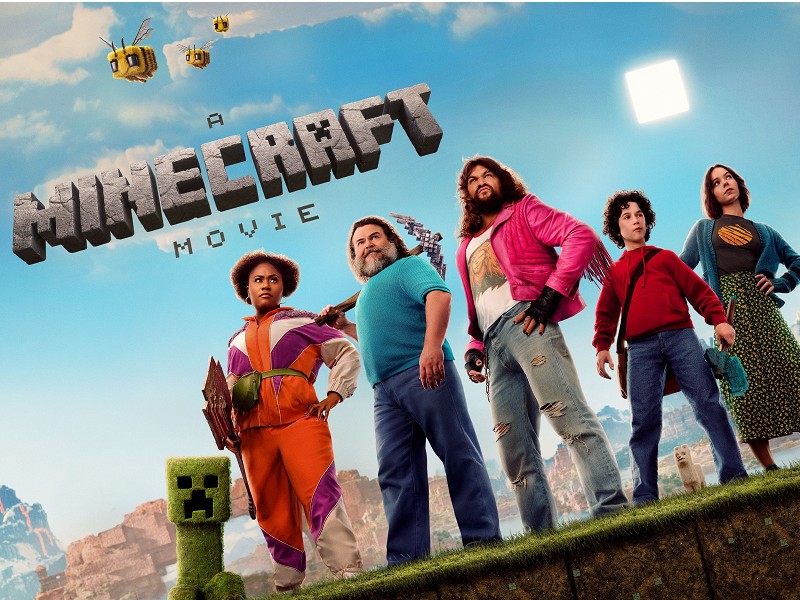“Love, loss, pills, life, never comes clean” is what MTV producers promised viewers with their new show Skins, and that is exactly what they got. The promotional videos filled up TV screens with the words, “We are the people our parents warned us about,” further guaranteeing that this show was going to be a raunchy one.
The new program is adapted from a British TV series and provides everything that most U.S. shows lack—nudity, sexual innuendos and racy topics that are not covered on average shows.
Skins aims to portray the lives of corrupt American teens and sounds like a formula that has been seen a hundred times before—90210 and The OC come to mind. Skins, however, offers a different perspective and focuses on the personal issues that the characters face in their daily lives—outside from school and parties. In essence, what makes the show different from various melodramas of series past is the emotional and psychological connections made with its main characters.
Despite the depth it offers in regard to teen turmoil, many parent coalitions, such as the Parents Television Council, are enraged by the amount of exposure, drugs and inappropriate story lines the show exhibits. Interestingly, the U.S. version is relatively tame compared to the U.K.’s version.
These parents’ anger is unnecessary, however. The show merely exposes teens in an effort to highlight issues in daily high school lives. To think that teens do not undress or do other things that are provocative on a regular basis is merely understating the reality of daily life. Teens will be teens, and Skins dares to show it.
Skins ran into the problem of allegations of child pornography when they showed provocatively dressed and naked teenagers (with private parts not showing, of course). Because most actors and actresses on Skins are under the age of 18, they are legally considered children, which raises the issue of child pornography.
According to the Justice Department, “any visual depiction of a minor engaged in sexually explicit conduct” is considered child pornography. In some situations, “a picture of a naked child may constitute illegal child pornography if it is sufficiently sexually suggestive.”
However, the exposure showed on the U.S. program is nothing like pornography, and is very much toned down from the original. The charges are unnecessary and an exaggeration of the matter is creating an issue that is not even a problem in the first place.
According to a Jan 19 New York Times article, executives at MTV ordered the producers of the show to make some alterations in an effort to “tone down some of the most explicit content.”
Despite this, multiple advertisers such as Taco Bell, Subway and General Motors have pulled their advertisements from airing during the commercials of Skins in an effort to not be associated with the show.
While shows such as 90210 address important issues such as drug abuse and infidelities, Skins provides a rawer look at the daily interactions that high school students face. Granted that sex, drugs, partying, cheating and school are what revolves around both Skins versions—but is that not what real teenagers’ lives also revolve around? It’s a grim reality to face, but that is what American teens are focused on these days. Skins merely portrays it.
Categories:
American ‘Skins’ reveals raunchy teen lifestyles
March 2, 2011
Story continues below advertisement
0
More to Discover







